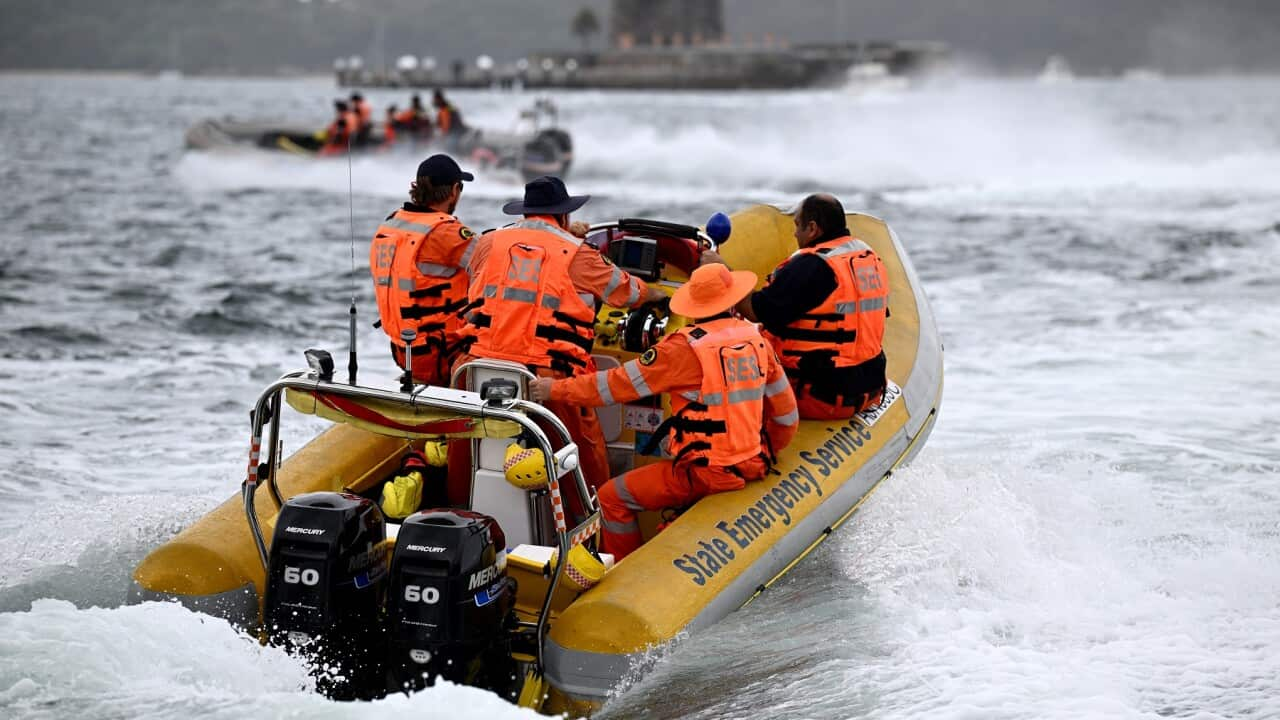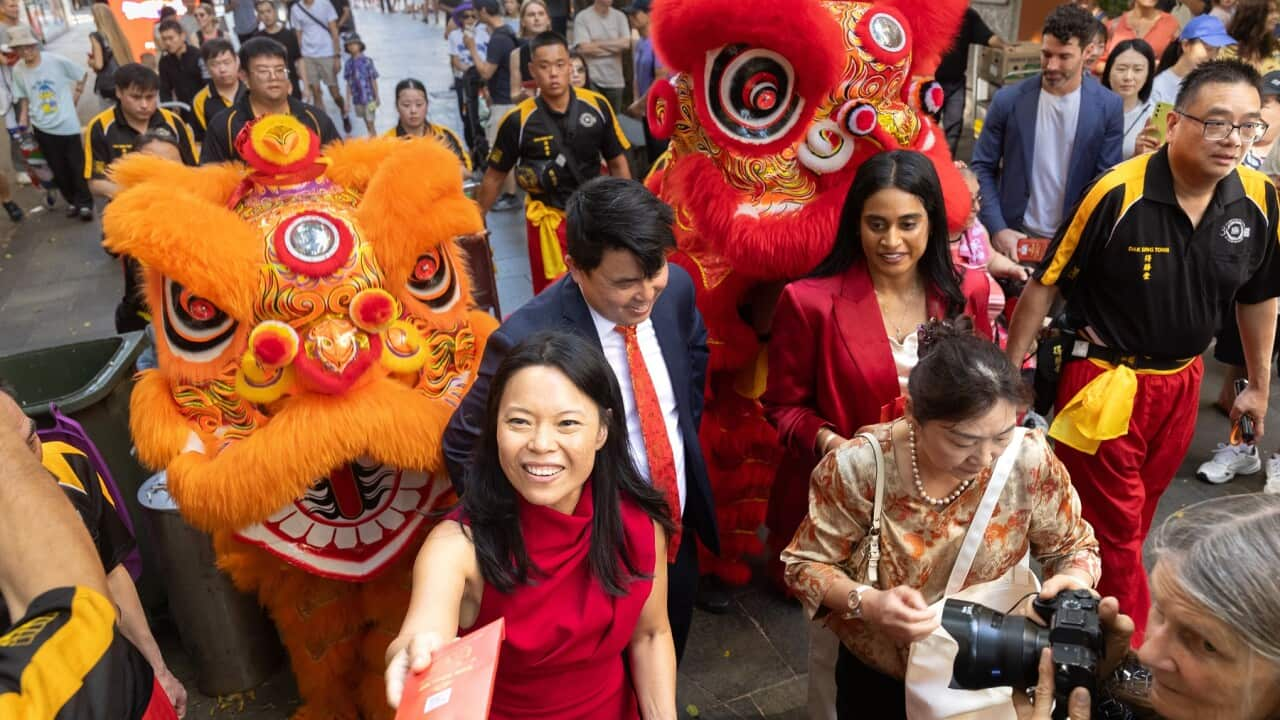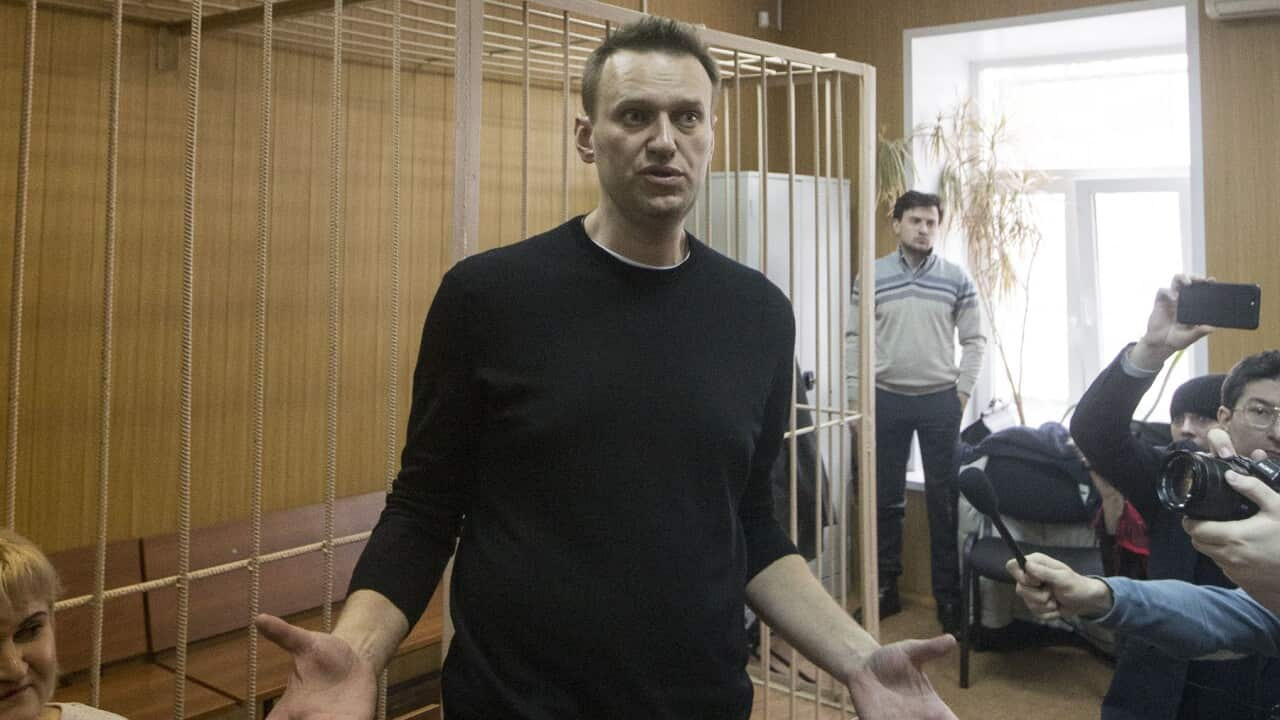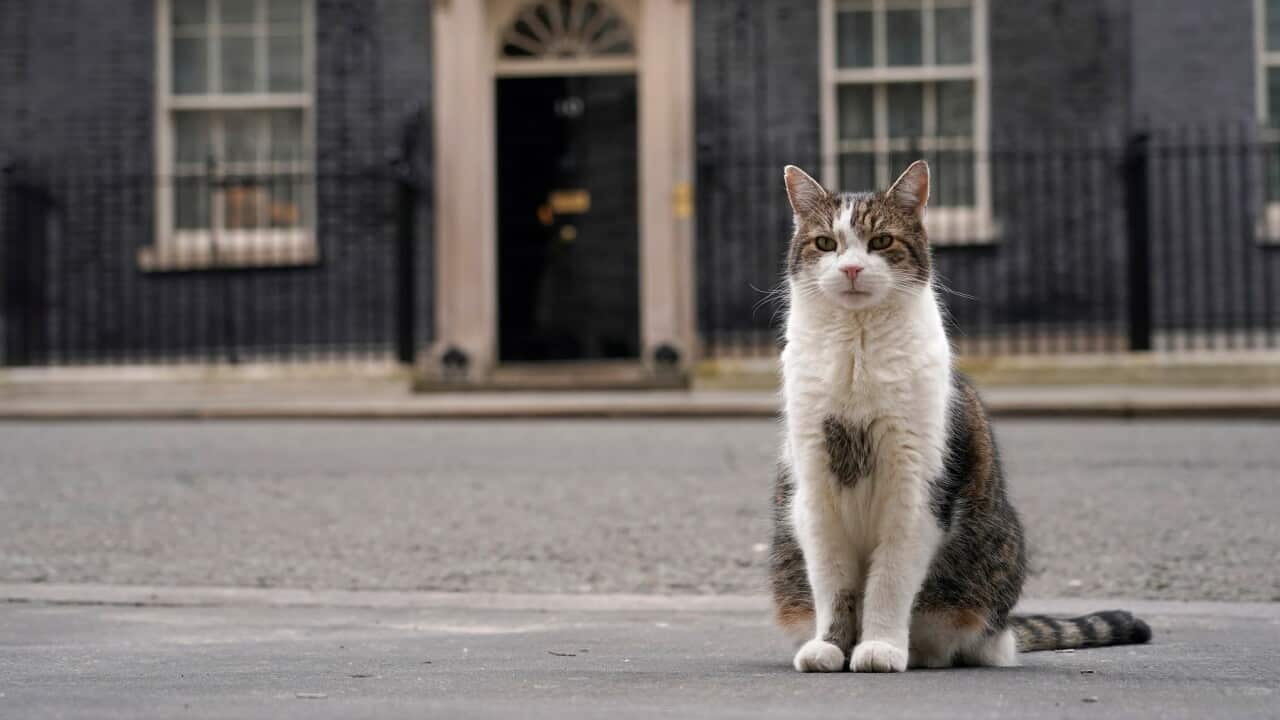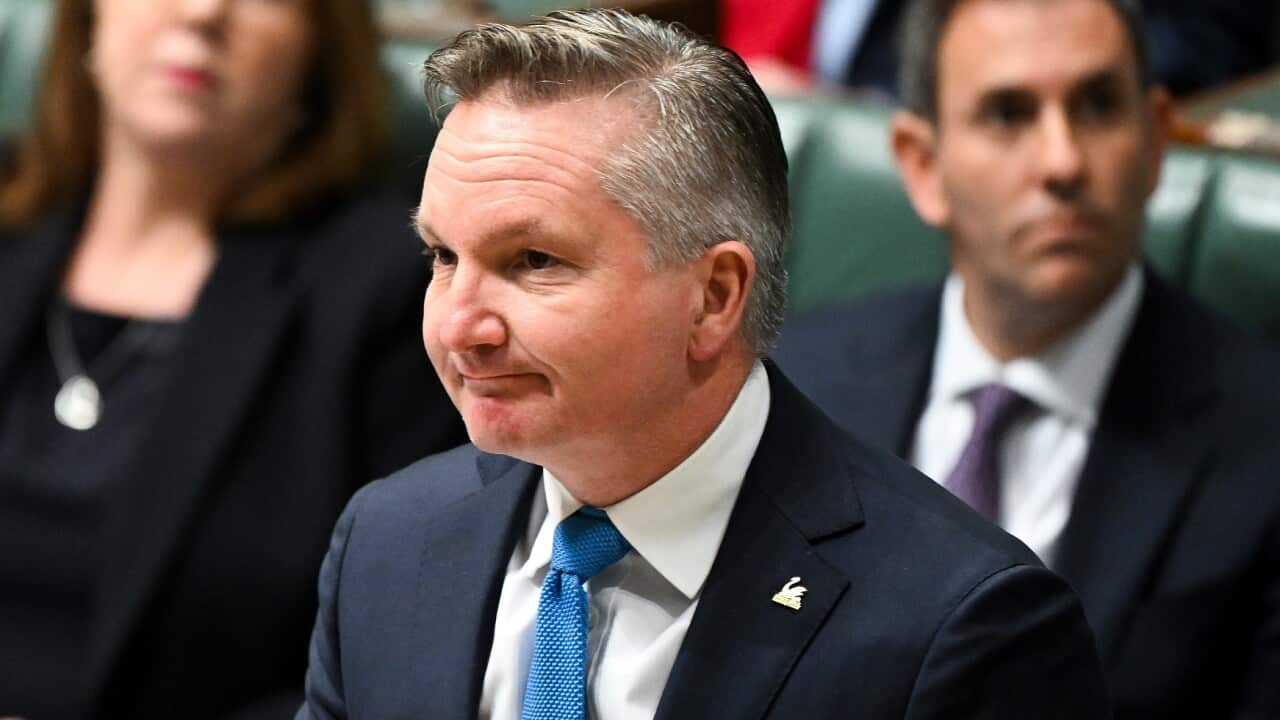Listen to Australian and world news, and follow trending topics with SBS News Podcasts.
TRANSCRIPT
Floods, fires, and now algal blooms provide frequent reminders that natural disasters are set to happen more often, and with greater intensity.
It's prompted a Senate inquiry to look at proposals for an incentive scheme that could help build and underpin a so-called youth Climate Army.
"Government has a direct interest in strengthening the backbone of Australia's disaster response workforce, and this is the people who volunteer their own time and their own effort."
That's Katherine Peroz, Chief People and Culture Officer at Australian Red Cross.
"However our contribution seems to have become expected, without a sustainable source of funding. For us at Australian Red Cross, we focus on psychological wellbeing of people impacted by disasters. Many other volunteer-led organisations involved in disaster response faced the same challenge we do. And any consideration of new volunteer-based workforce will need to need to consider sustainable sources of funding."
Australia has seen a long-term trend of decline in volunteerism, and it's showing no sign of slowing down, especially among younger people.
Roughly 90 per cent of fire and emergency service workers are volunteers, and experts say more will be needed as climate change worsens.
Various incentives are being considered, like scholarships, expense re-imbursement, stipends, tax offsets, and reductions in student loans.
"I think the kind of things that we need to have in the back pocket to lift this system, you're right ..."
Rob Webb is the CEO of the Australasian Fire and Emergency Service Authorities Council.
".... those types of things, and I think that's where we can look over things and try and understand the best of. We need volunteers across every phase, but we'd have to support them and what you're suggesting there, ideas you're suggesting, are the types of things that we need to be looking at."
The inquiry is also examining how to build and acknowledge the skills and contribution of volunteers by creating a nationally recognised qualifications system.
On the other hand, the chief officer of the South Australian Country Fire Service, Brett Loughlin, emphasised the importance of balancing volunteering with an existing job.
"Some kind of scheme that the Commonwealth can offer to be able to guarantee and mandate leave for emergency service volunteers is something that would be, I think, of great interest nationally. But also, how do you recognize those small business employers who are employing our volunteers? And how do they release their volunteers to go out and make a contribution, without financially disincentivised - as they are now - is something else that I would encourage."
It's not the first time the volunteer system - and how it applies to disaster preparedness, emergency response, and long-term recovery - has been examined.
A Royal Commission and Senate Select Committee have previously looked at the issue, and there's also already a National Strategy for Volunteering.
But the CEO at Volunteering Australia, Mark Pearce, says there's still a significant gap in national oversight and coordination.
"The Australian government must play a vital role with the volunteering ecosystem, acting as an essential enabler of policies that support volunteering, and the national strategy for volunteering. The first three year action plan of the national strategy for volunteering includes the development of a national volunteer passport, a platform to boost volunteer mobility, reduce barriers to participation and enhance planning through better data collection. Volunteering Australia has called on the government to progress this initiative over several years. However, progress on this initiative has stalled."
Experts who gave evidence at the Senate inquiry's public hearing also warned of duplication with states, which typically manage the response to natural disasters.
The legal work health and safety requirements that come with volunteer employees also present significant issues, as do declining populations in rural and regional areas.
Together, these challenges have led to an over-reliance on the Australian defence force during natural disasters.
Disaster Relief Australia is one organisation that has started harnessing veterans to help.
David Smith is their CEO.
"Now if you look at a picture of one of our volunteers with a community member, and they're giving them a hug, who's actually benefiting from this? Who's actually getting the most out of this? And a lot of our veterans, particularly, find benefit in that engagement with community members, because the work helps them adjust, to transition, to feel as though their previous experience is of benefit to the community more broadly."
Backed by federal funding, his organisation has bucked the trend, increasing its volunteer base to almost 6,000 since it was founded in 2016.
But as the broader decline continues, the inquiry highlights the need to raise a so-called volunteer army - especially among younger people.
A final report is due on November 6.
